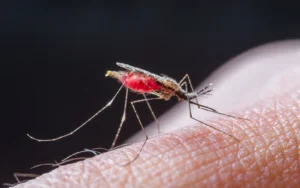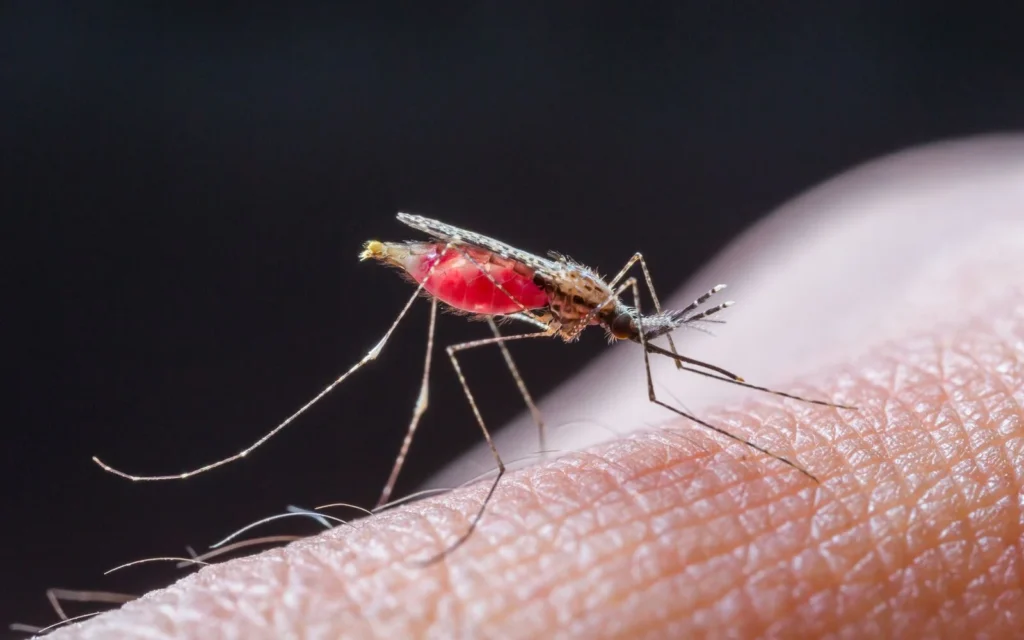As the world prepares to observe World Malaria Day (WMD) 2022 on April 25, global health experts are calling for increased innovation and investment to combat the deadly disease, which continues to threaten millions—particularly in sub-Saharan Africa.
World Malaria Day is commemorated annually by all World Health Organization (WHO) member states to raise awareness of the disease’s devastating impact and to renew the collective global commitment to achieving a malaria-free world.
2022 Theme: “Harness Innovation to Reduce the Malaria Disease Burden and Save Lives”
This year’s theme underscores the need for new and improved tools—such as vector control methods, diagnostics, and antimalarial medicines—to drive progress. WHO has made it clear: no single existing tool can eliminate malaria. Instead, the solution lies in combining innovation with equitable access to prevention and treatment.
Malaria, caused by the Plasmodium parasite and transmitted by infected female Anopheles mosquitoes, presents with fever, chills, and sweating. It remains both preventable and treatable, yet it continues to claim hundreds of thousands of lives each year.
Global Malaria Snapshot: Stalled Progress and Rising Challenges
According to WHO data, in 2020 alone, there were:
-
241 million new malaria cases
-
627,000 deaths across 85 countries
-
Over two-thirds of deaths were children under five, mainly in Africa
Despite progress made between 2000 and 2015, efforts have slowed in recent years—especially in high-burden countries like those in sub-Saharan Africa. The COVID-19 pandemic, funding plateaus, and the rise of drug and insecticide resistance have worsened the situation, potentially undoing years of hard-won progress.

“A Child Dies of Malaria Every Minute” — Global Fund
The Global Fund to Fight AIDS, Tuberculosis and Malaria notes that the annual malaria death rate has dropped by nearly half over the past two decades. Still, it warns that a child dies from malaria every 60 seconds.
The Fund says:
“We must not allow this backslide to continue. The world must seize this moment to invest in malaria control and protect the gains we’ve made.”
Recommended preventive measures include:
-
Use of mosquito repellents containing DEET
-
Mosquito netting over beds
-
Insecticide-treated clothing and bed nets
-
Screens on windows and doors
-
Treating materials with permethrin (a long-lasting insecticide)
RBM Partnership: Global Advocacy for a Fully Funded Malaria Fight
The RBM Partnership to End Malaria, a coalition of over 500 organizations, emphasizes that World Malaria Day 2022 is an opportunity to keep malaria high on the global agenda.
Its key goal: secure at least $18 billion in global funding for the 2024–2026 period. With this, RBM believes the world can:
-
Reduce malaria cases by 66%
-
Cut malaria deaths by 62%
-
Expand net coverage in Africa by 19% by 2026
-
Treat 500 million cases through public systems by 2026
-
Eliminate malaria in six additional countries
Nigeria: The World’s Highest Burden of Malaria
Nigeria, according to the 2020 World Malaria Report, accounted for:
-
27% of global malaria cases
-
23% of global malaria deaths
Transmission occurs year-round in the south and for up to three months in the north. Around 76% of Nigeria’s population lives in high-transmission areas.
Prevention efforts focus heavily on promoting Long-Lasting Insecticide-Treated Nets (LLITNs) and public education on mosquito bite prevention.
Minister: Malaria Kills More Africans Than HIV and COVID-19
Nigeria’s Minister of State for Health, Dr. Olorunnimbe Mamora, recently emphasized the disease’s deadly impact, stating that malaria continues to kill more people in Africa than HIV or COVID-19.
He made the remarks while receiving a donation of 10,000 insecticide units from Godrej Nigeria Limited, lauding the private sector’s support in combatting malaria.
Vaccine Progress: RTS,S Offers New Hope
In 2015, WHO approved the first-ever malaria vaccine, RTS,S (Mosquirix), developed by GlaxoSmithKline. The vaccine is targeted at infants and children aged six weeks to 17 months.
Clinical trials in Africa involving 16,000 children showed:
-
46% efficacy in children aged 5–17 months
-
27% efficacy in infants aged 6–12 weeks
Though imperfect, RTS,S represents a milestone in malaria prevention, offering a crucial new tool when combined with existing interventions.
The Path Forward: Innovation and Urgency Needed
Cerebral malaria, one of the most severe complications, underscores the urgent need for expanded treatment and prevention. Blocked blood vessels in the brain can lead to coma, seizures, or death, especially in children.
WHO insists that a multi-pronged approach is essential to defeat malaria. This includes:
-
Developing new tools
-
Expanding access to care
-
Strengthening community-based interventions
-
Increasing global funding
-
Enhancing data collection in high-burden areas
As WHO notes,
“No single tool available today will solve the problem of malaria.”







